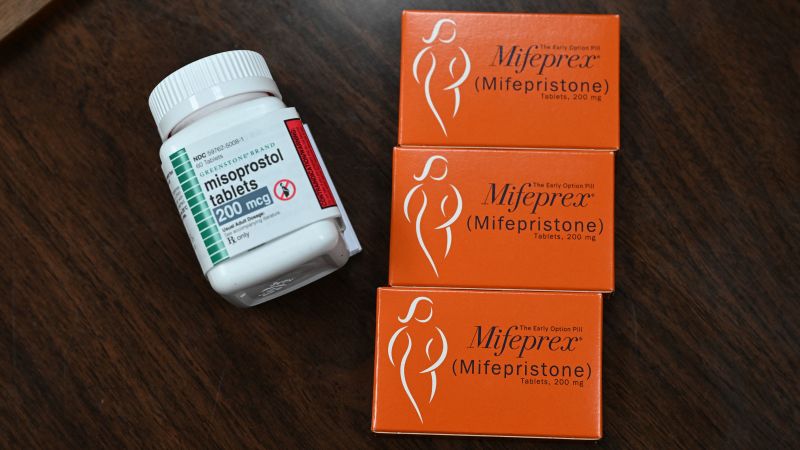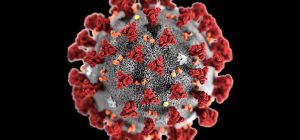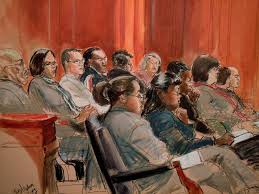
You Supreme Court nerds out there (and you know who you are) are probably aware of the fact that the United States Supreme Court recently heard oral arguments in McWilliams v. Dunn. At issue in the case is whether James McWilliams, an indigent defendant whose mental health was a significant factor at his capital trial, was entitled to an independent psychological expert to testify on his behalf. The prosecution presented the expert testimony of one psychiatrist and argued the Defendant was not entitled to his “own” psychiatrist as the one offered by the prosecution was essentially neutral, even though he was retained and paid by the State. Stephen Bright, longtime president of the Southern Center for Human Rights, represented McWilliams. The issue presented to the Supreme Court in McWilliams was this: “Whether, when this court held in Ake v. Oklahoma that an indigent defendant is entitled to meaningful expert assistance for the “evaluation, preparation, and presentation of the defense,” it clearly established that the expert should be independent of the prosecution.” Amicus, the podcast by Slate that focuses on the Supreme Court, covered the McWilliams case in its latest episode, “The Myth of the Neutral Expert.”
This is a fascinating discussion, especially considering the very life of an inmate hinges on the opinion. Some states have even placed a temporary halt on executions for inmates on death row until the McWilliams opinion is delivered. As a personal injury trial lawyer, I mused how expert witnesses are treated differently in civil cases, you know, in cases where mere money is at issue and not someone’s life or liberty. Of course, having one so-called “neutral” expert witness, to testify for both sides of a case, would never happen in civil cases. I haven’t tried a case without the appearance of at least one expert witness at trial in well over 20 years now. My cases are complex and naturally either require or will benefit from expert testimony. At a minimum. I will present the testimony of a treating physician, who certainly is an expert in his or her medical specialty, even if not an expert “specially retained to testify at trial.” In civil cases, especially medical malpractice cases, we often hear such testimony described as “The Battle of the Experts.” Defense attorneys have gotten into the habit of hiring just one more expert than the plaintiff has so that they can argue they have “more” experts on their side and, therefore, naturally, you should side with the party who has more experts (regardless of how credible those experts are!). What jurors may not be aware of is that the defense experts are being paid by the defendant doctor’s malpractice insurance carrier, not the doctor himself, so the sky’s the limit. Not so for plaintiffs. Plaintiff’s must front those expenses out of their own pockets, and because no individual plaintiff can afford to do so, this means the plaintiff’s attorney must pay for the experts in a case on his or her own dime. That may not make sense to you but that’s how it works. As you can imagine, hiring numerous experts simply to have one more than the other side has can get expensive. Where does this end? But defendants have unlimited sources of money for this and plaintiffs don’t.
Here is the law of Georgia that the trial judge will read to the jury regarding expert witnesses:

 Atlanta Injury Lawyer Blog
Atlanta Injury Lawyer Blog





















